The memories are of those incredible feats of athleticism and effort. Hair flying. Cutting back across the field, sometimes twice during the course of a single play, whether it was necessary or not. Vaulting the center at the precise moment the ball is snapped. Making a professional sporting event appear choreographed specifically to make him look balletic.
Enjoy a gallery of Troy Polamalu photos

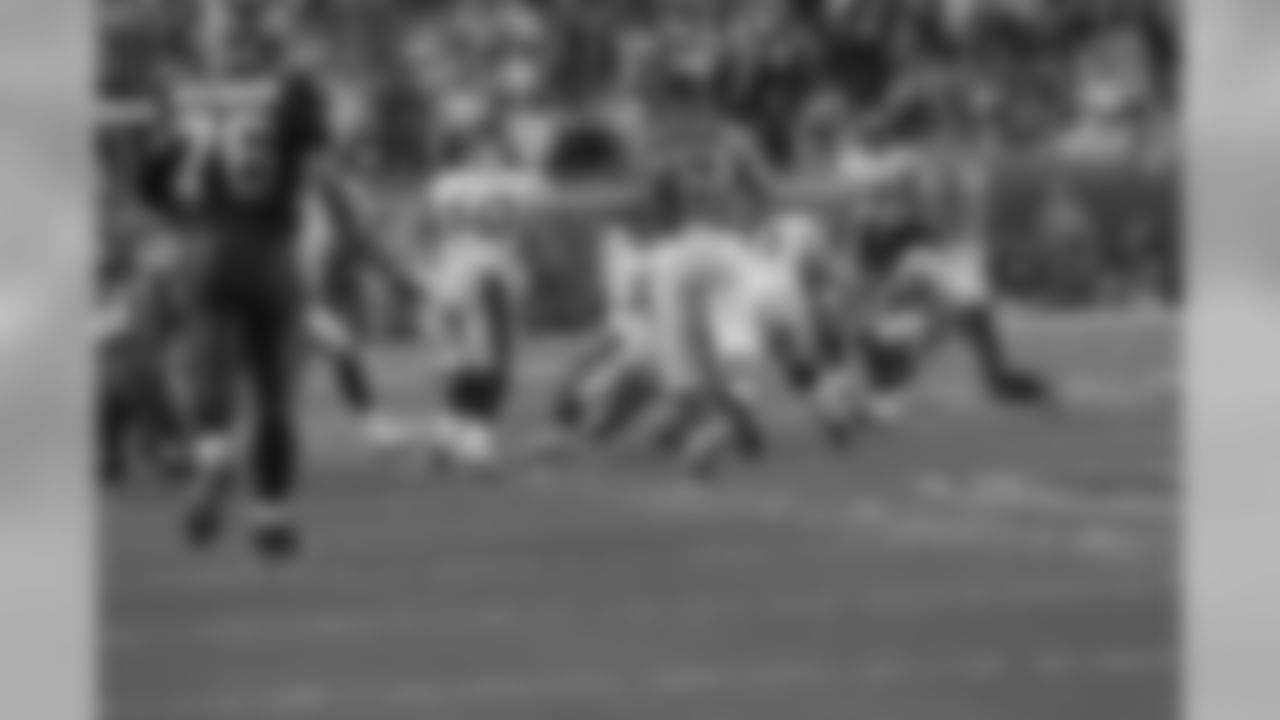


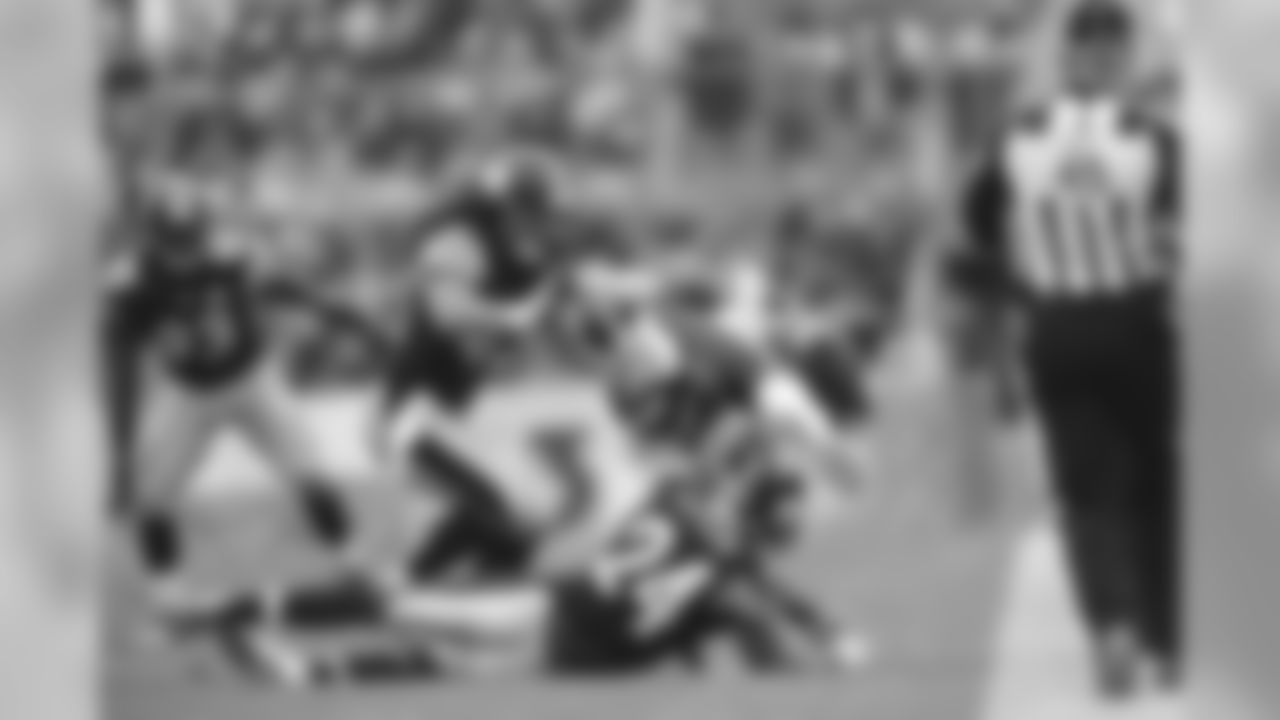

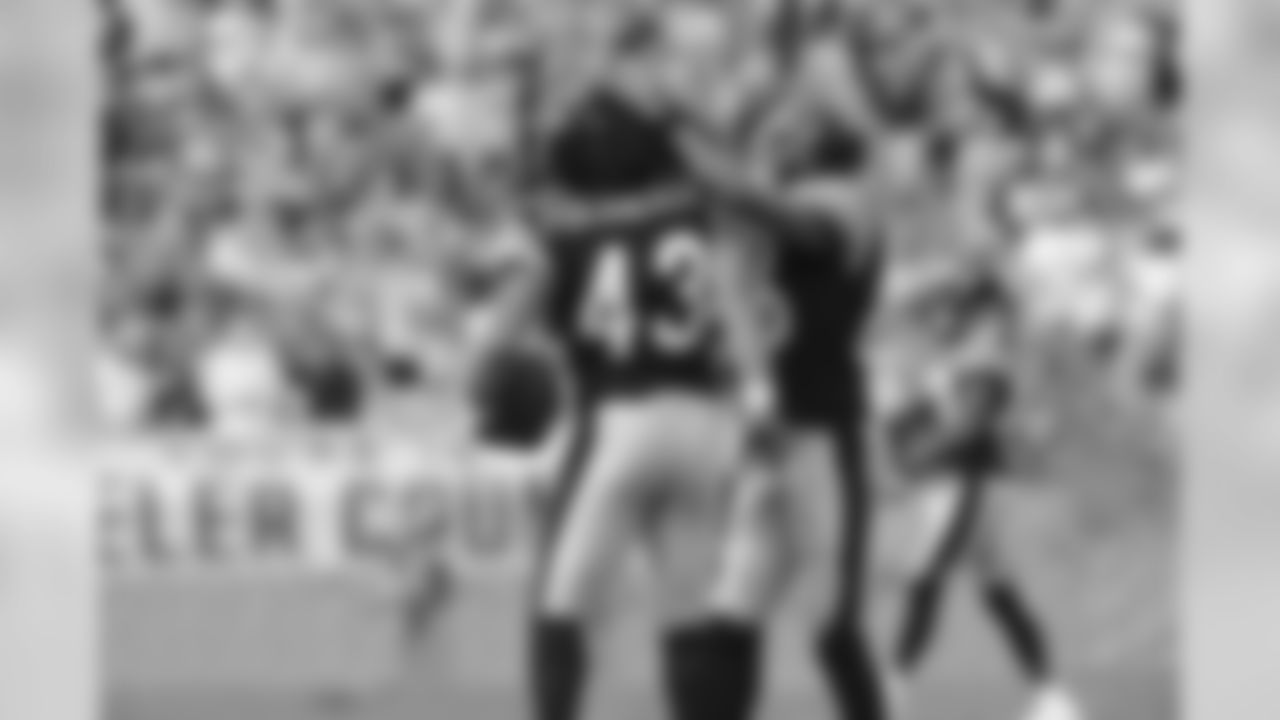
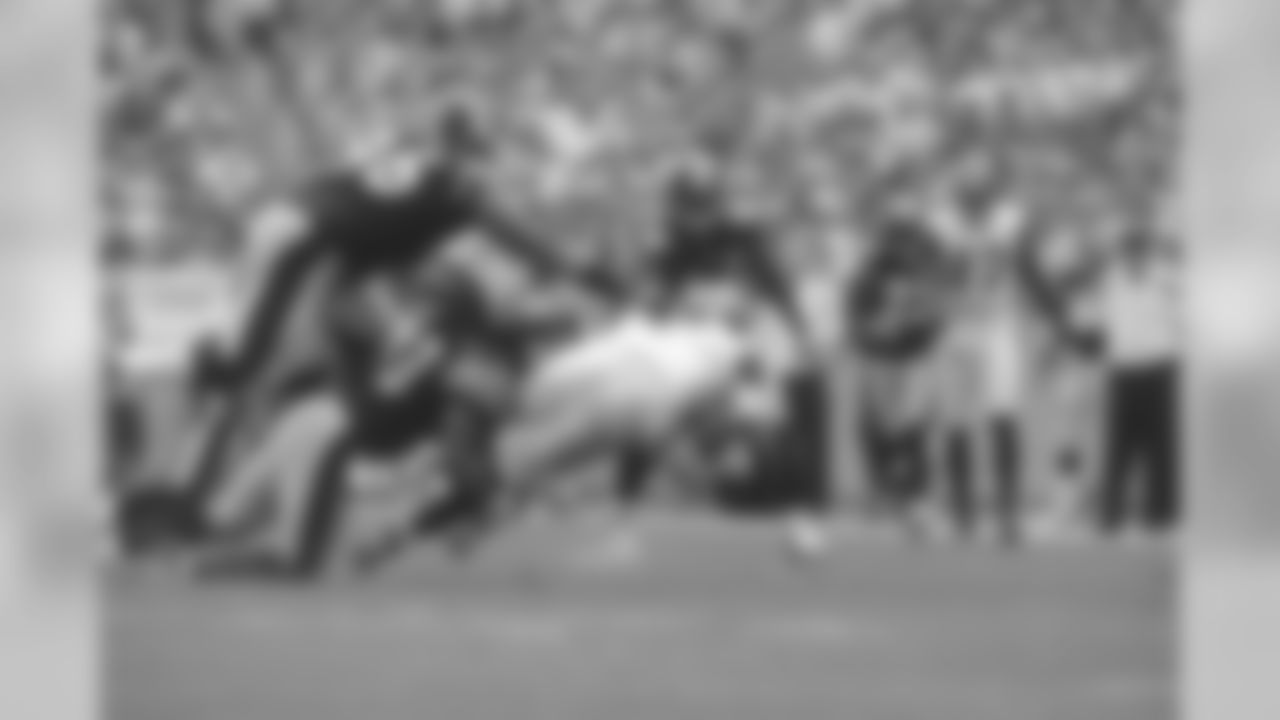
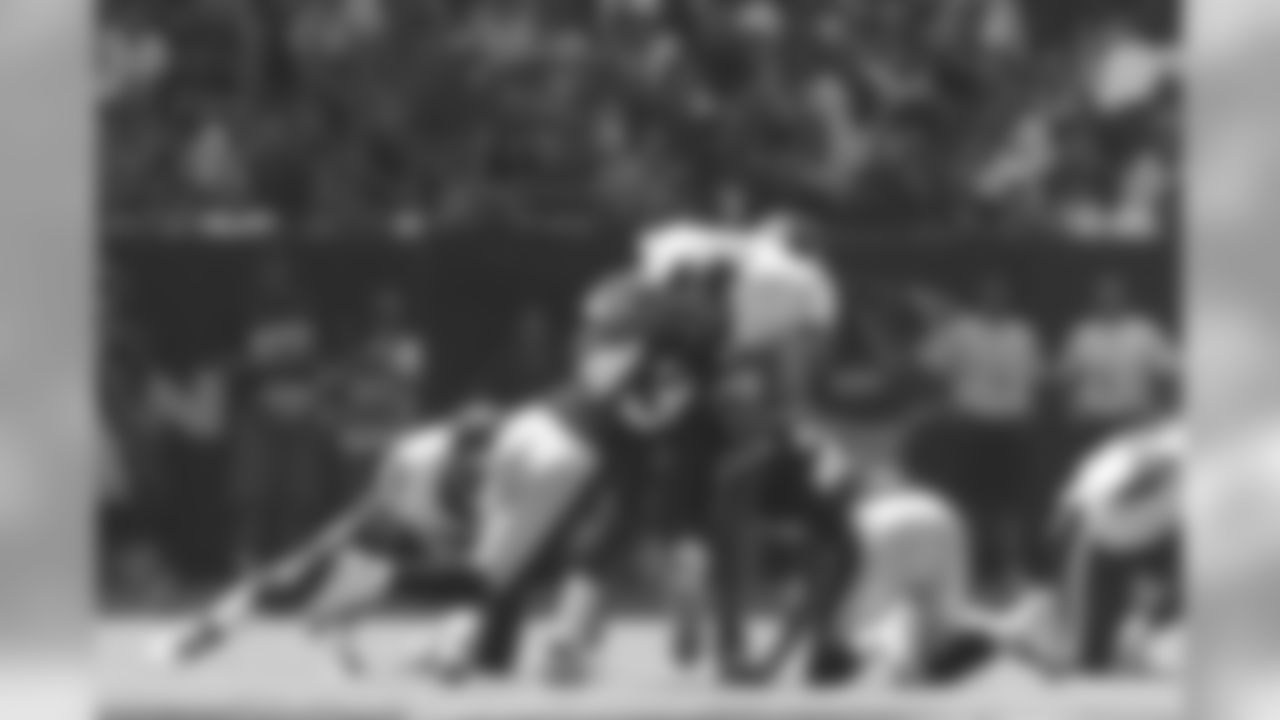

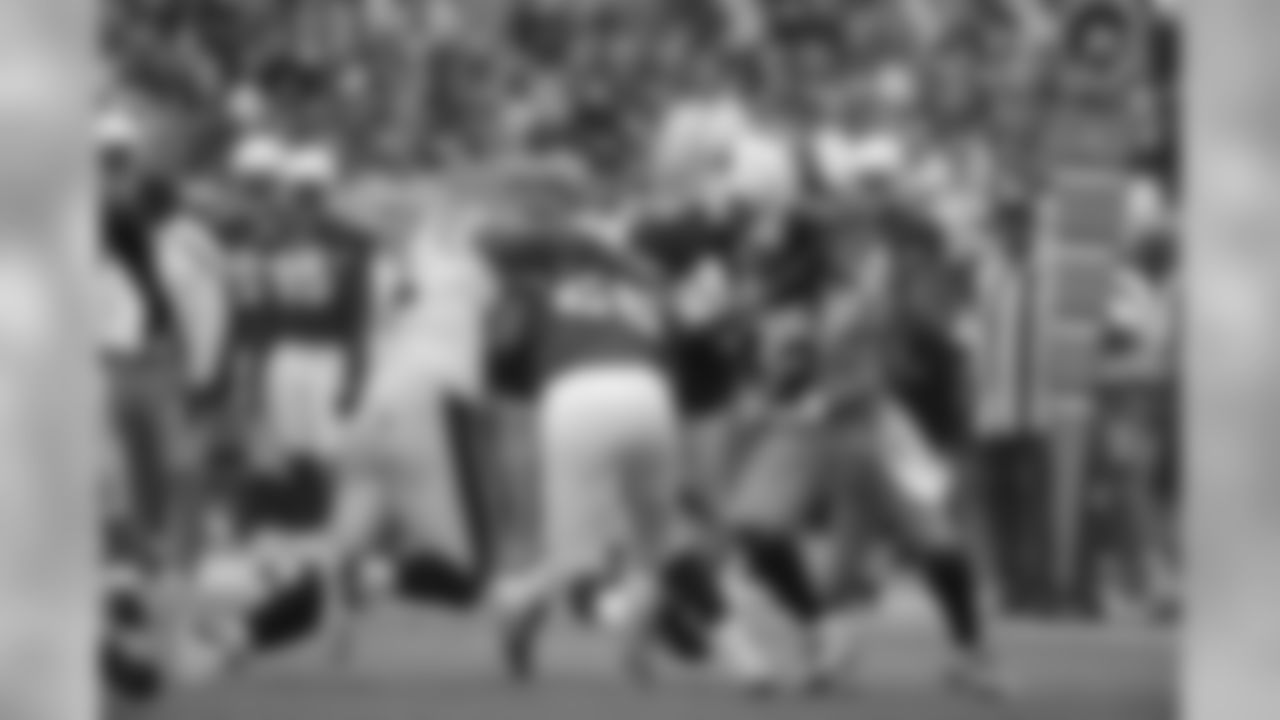
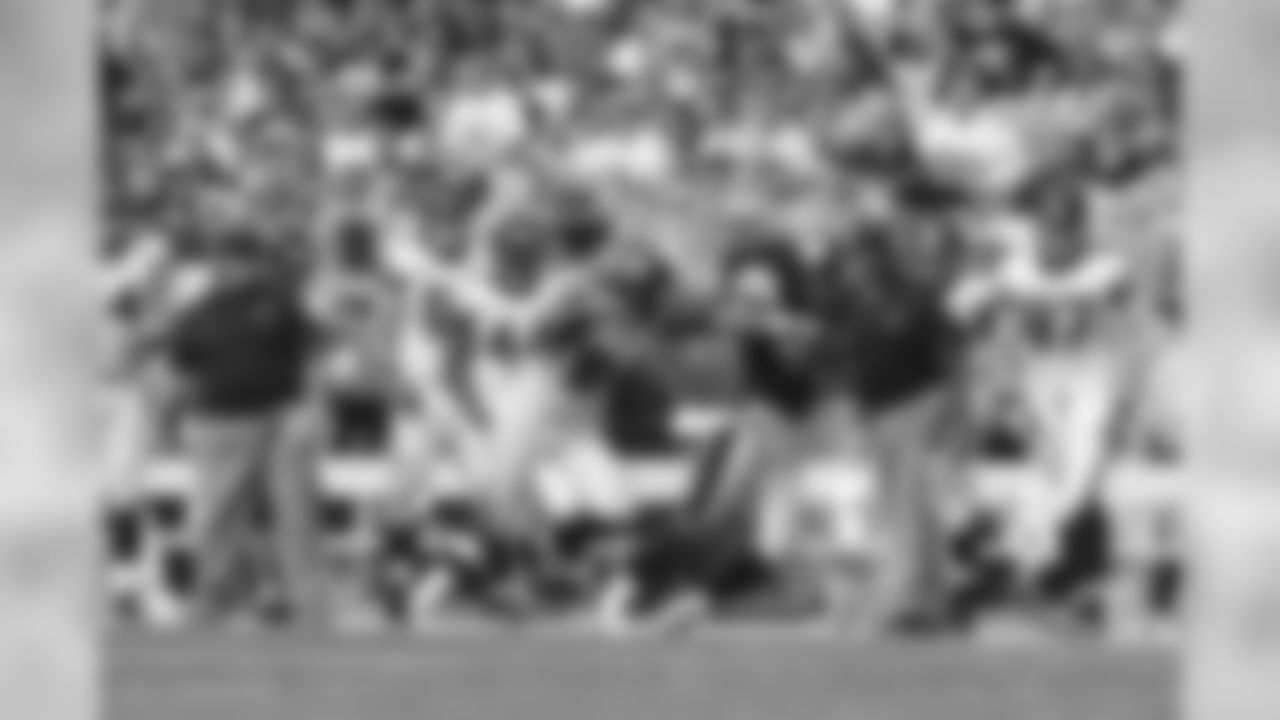

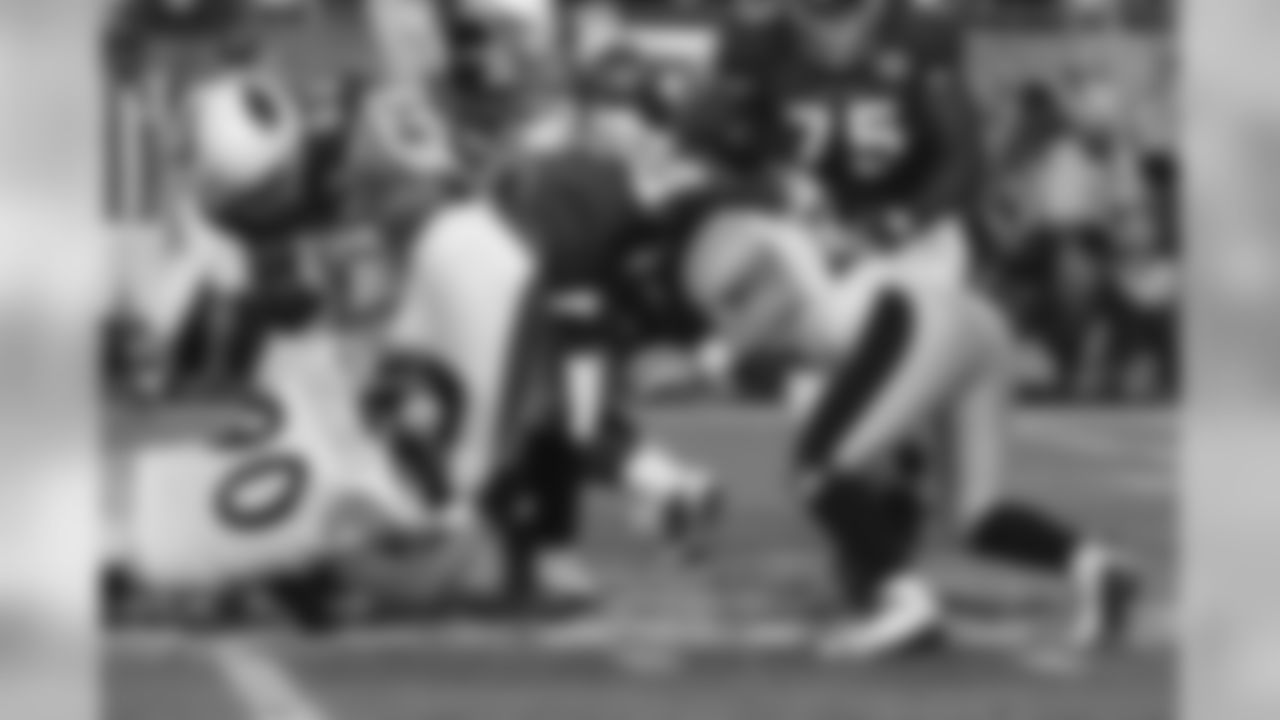

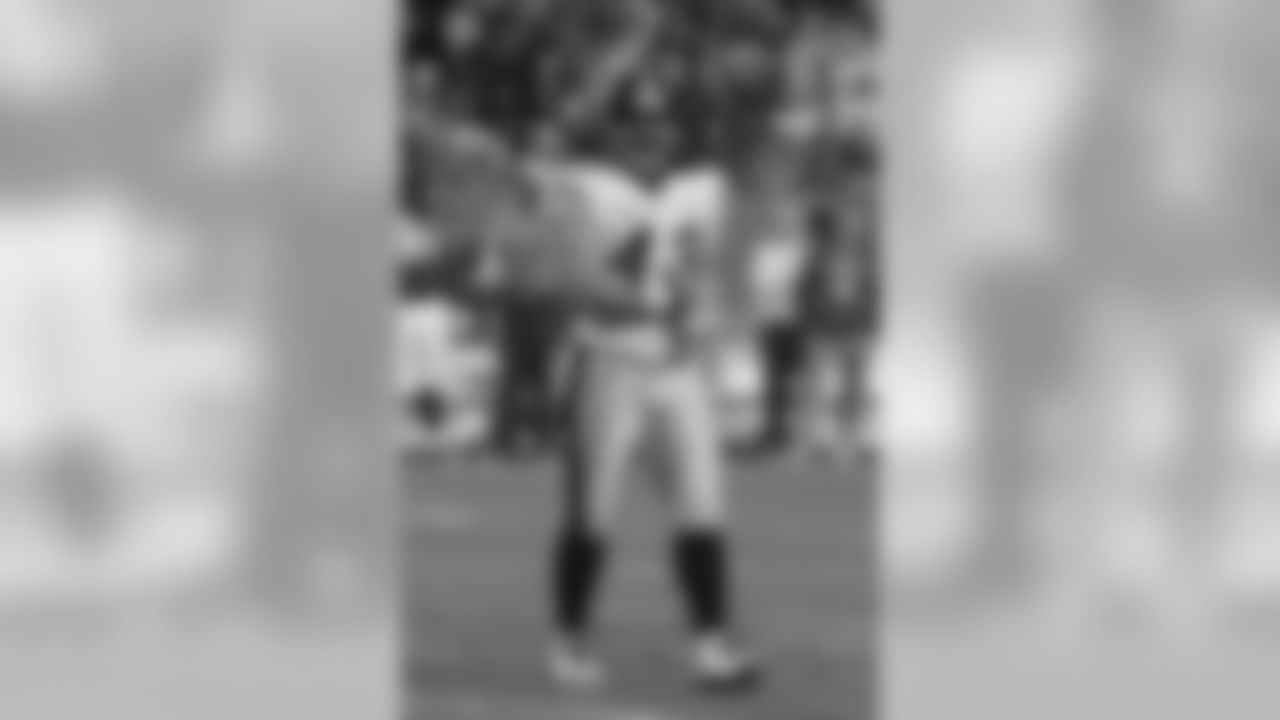

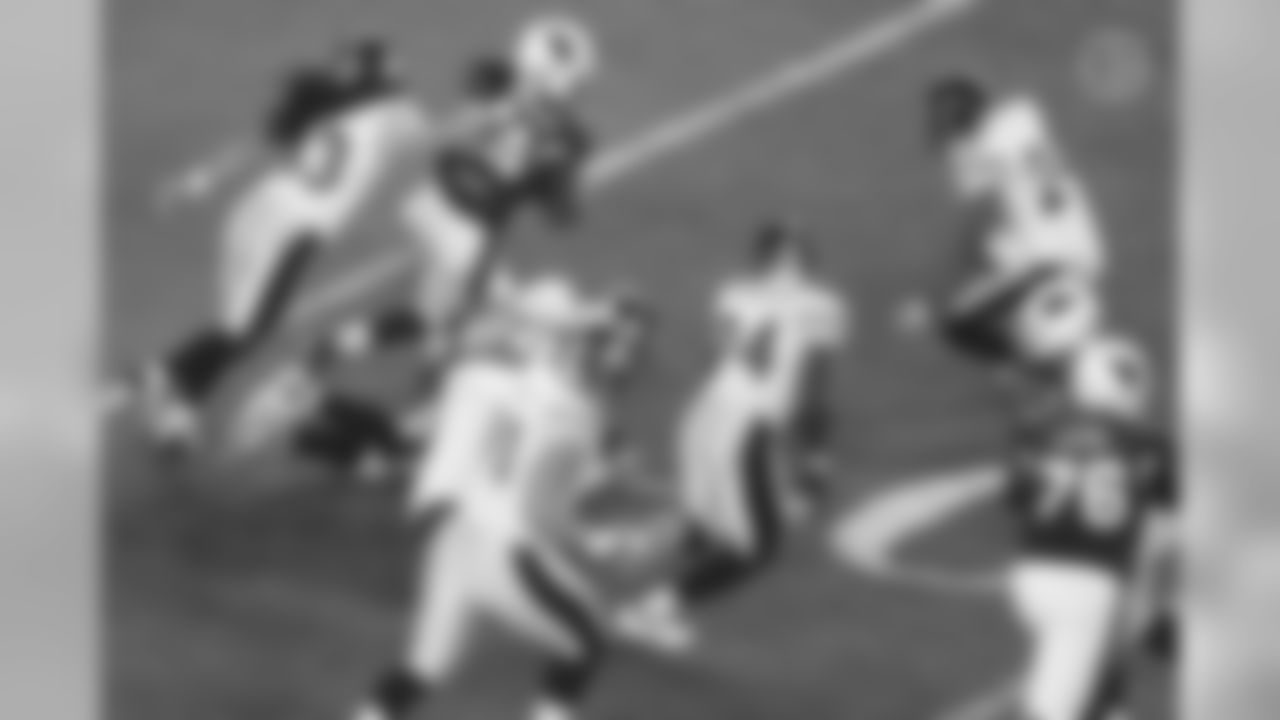
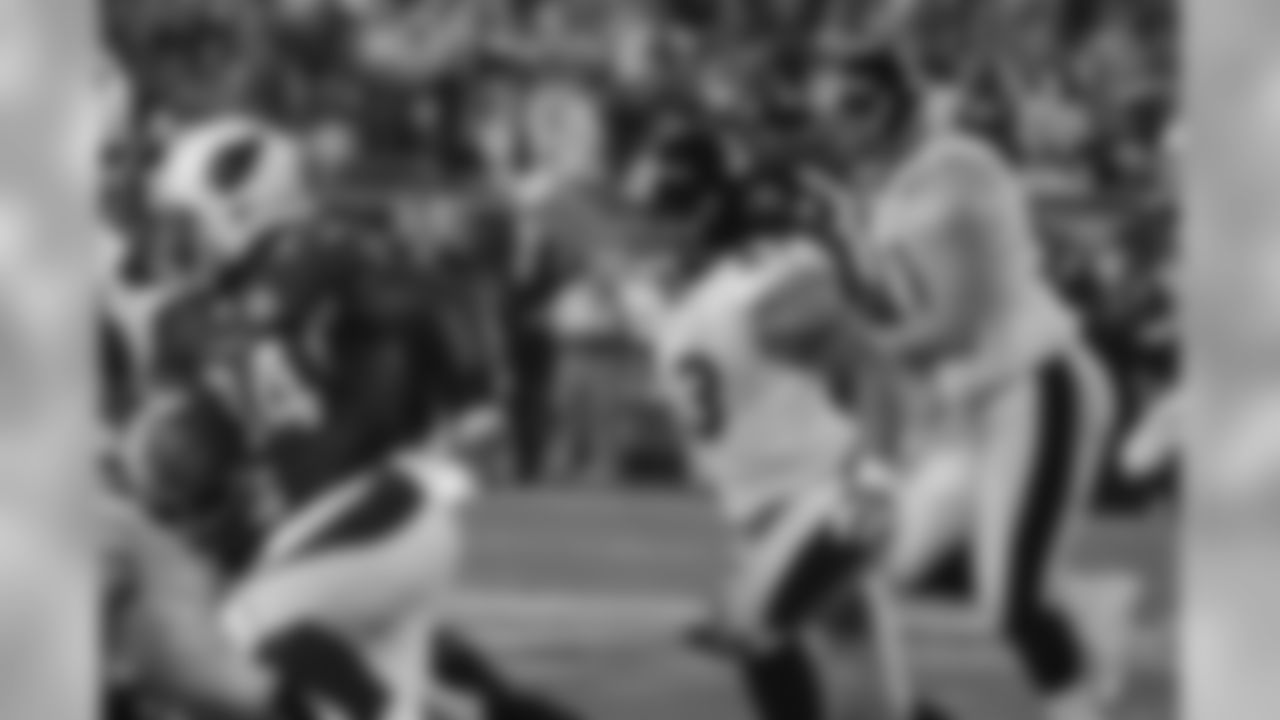

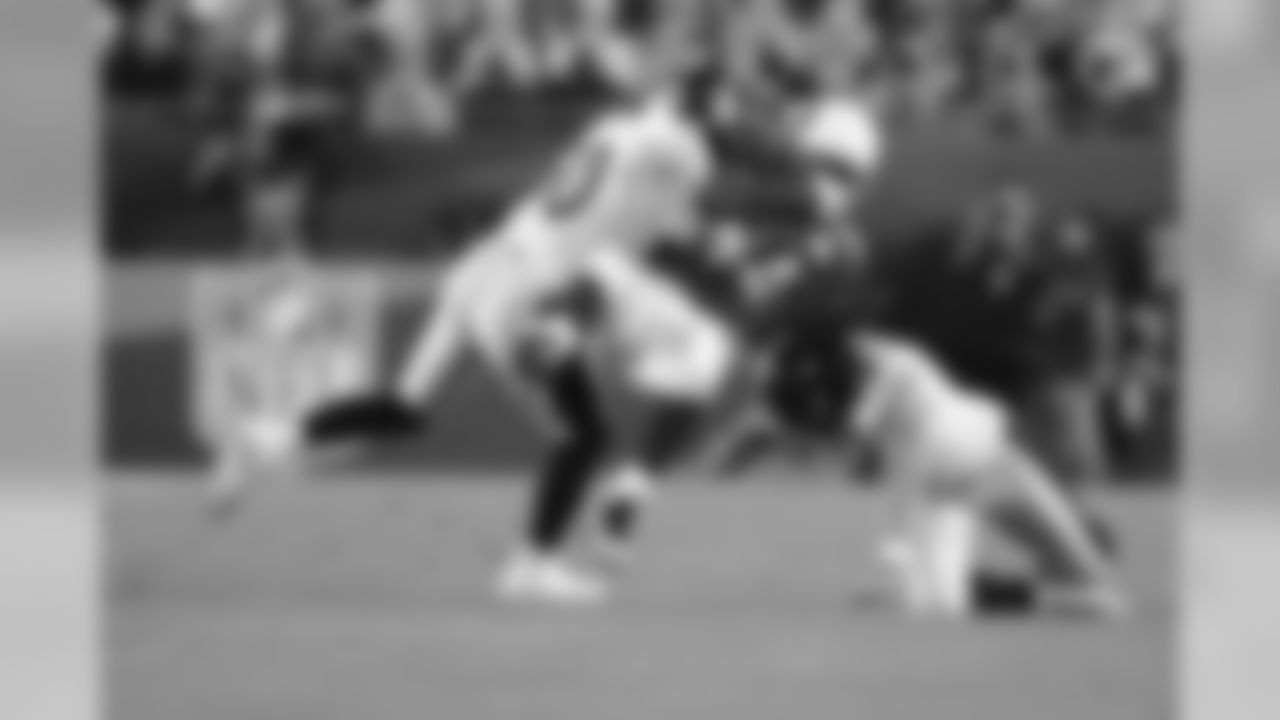
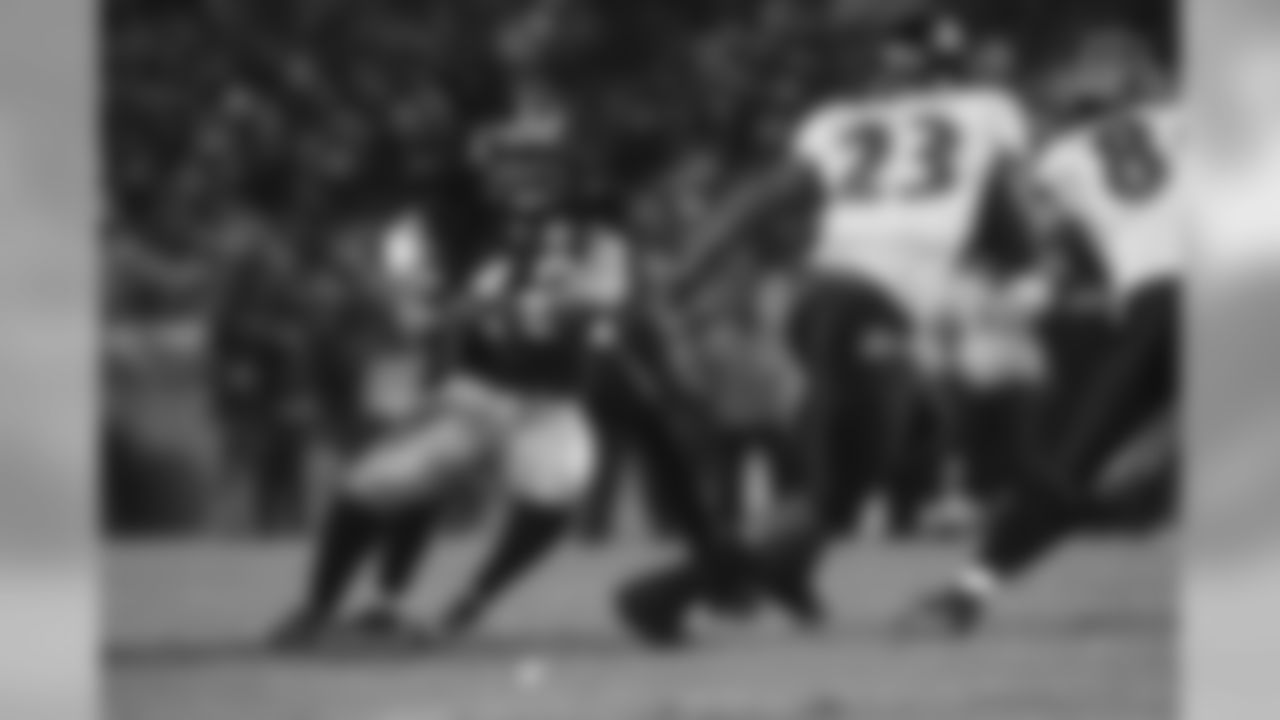
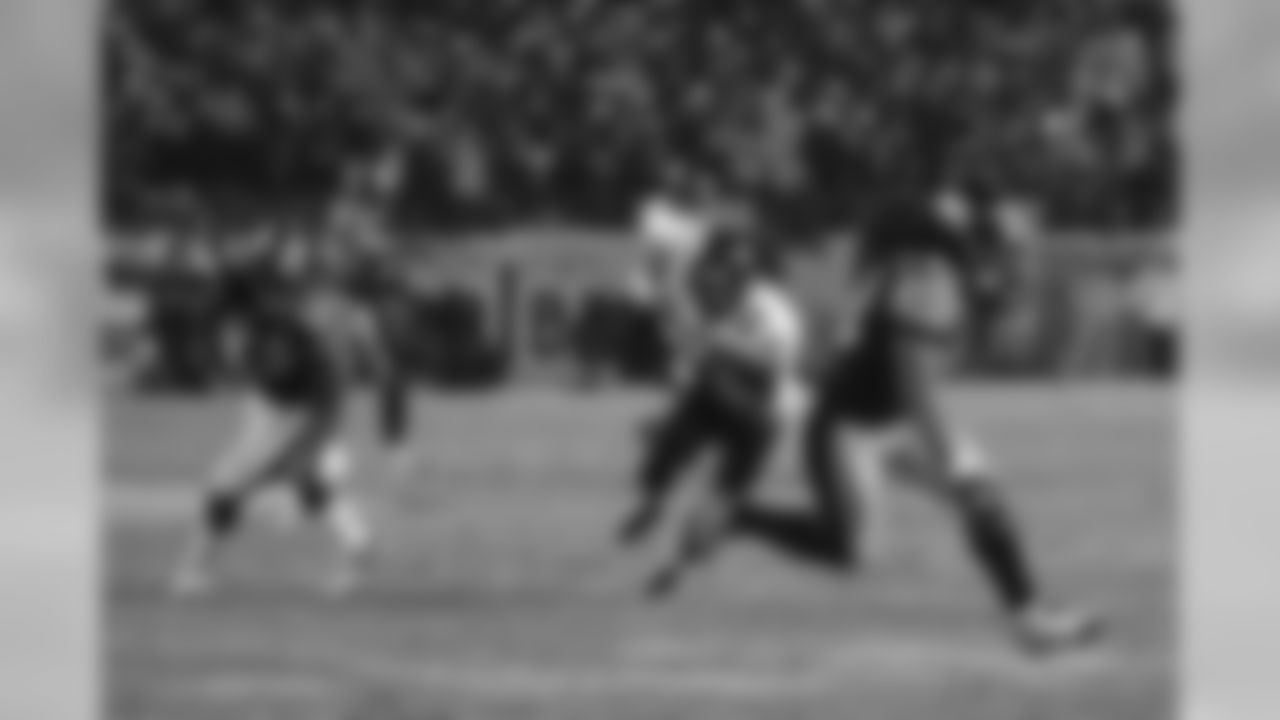

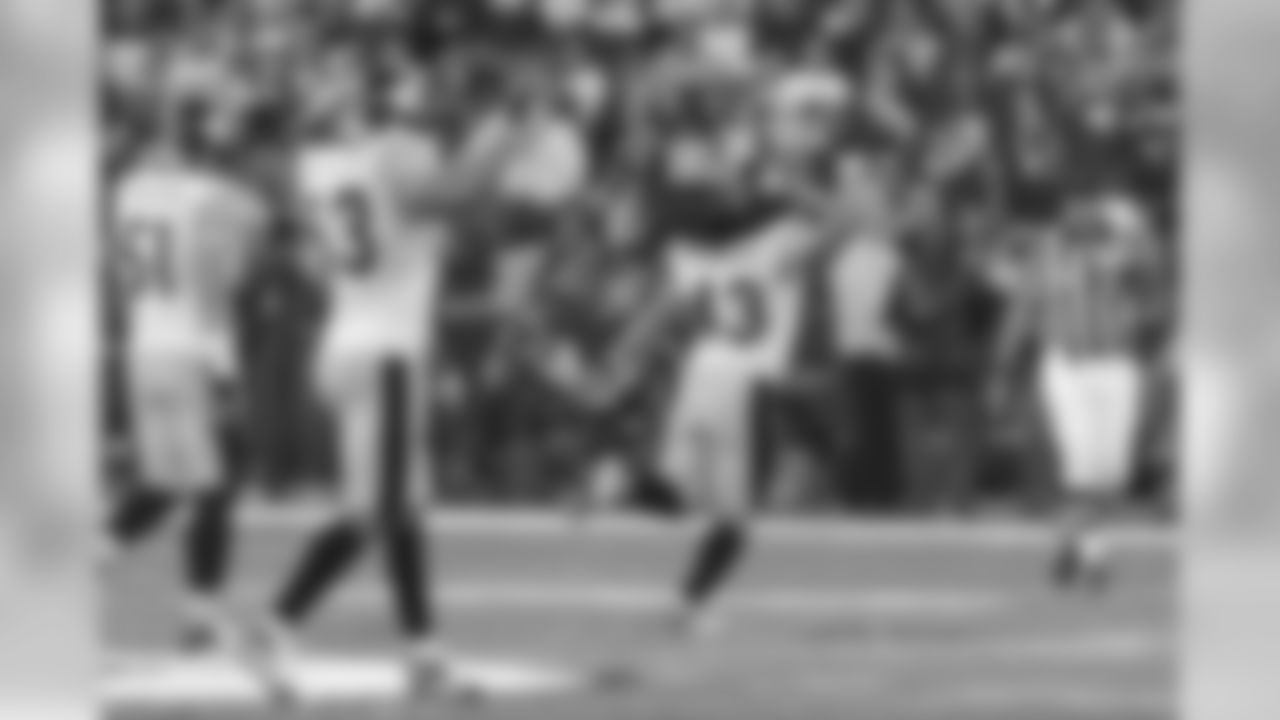



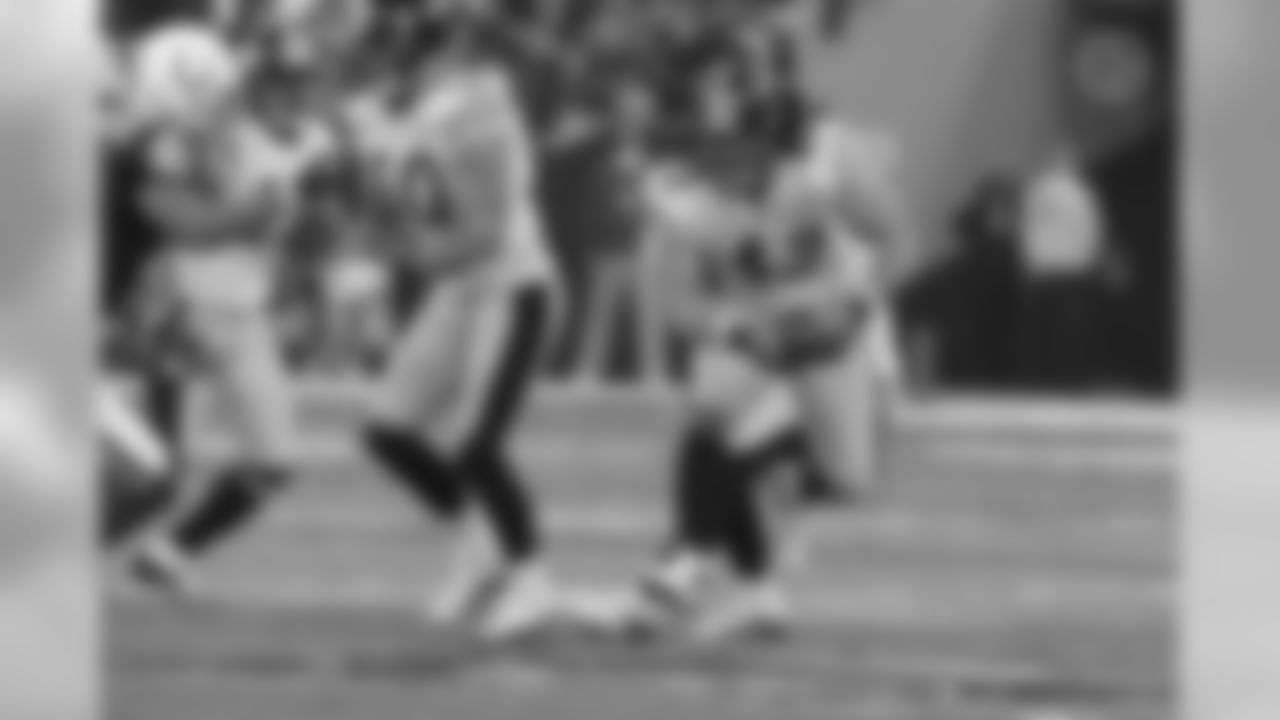

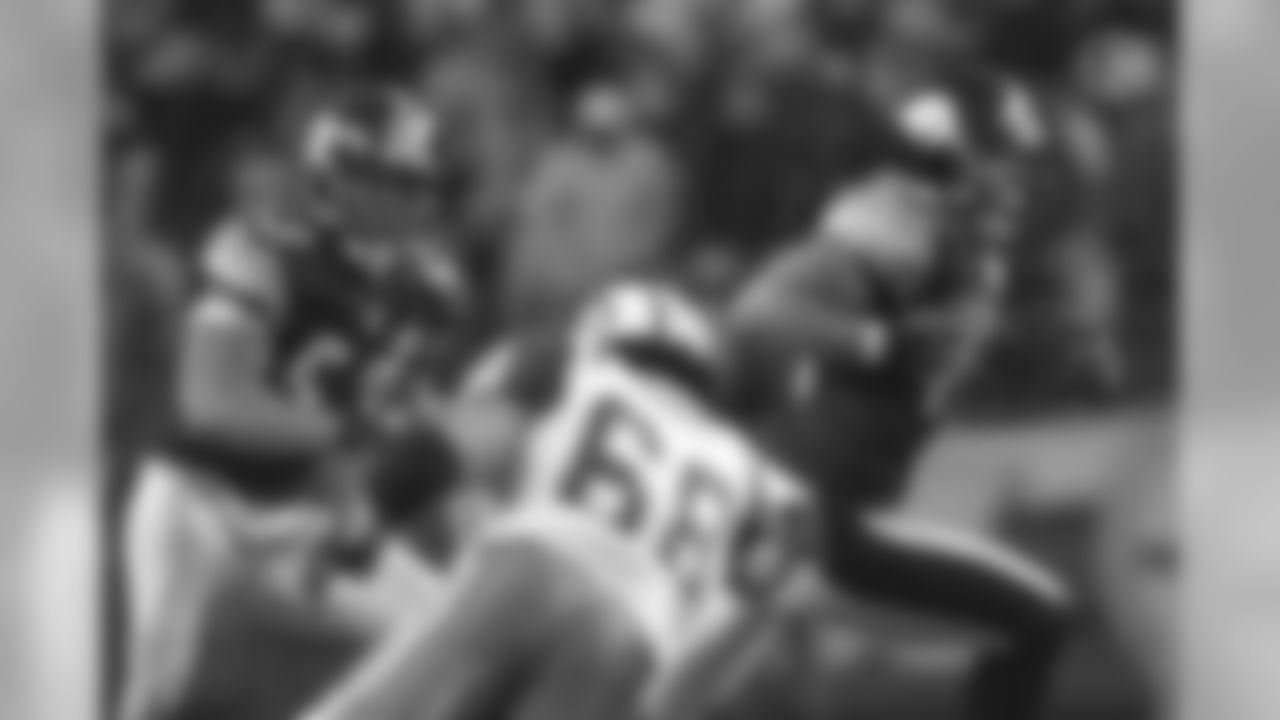




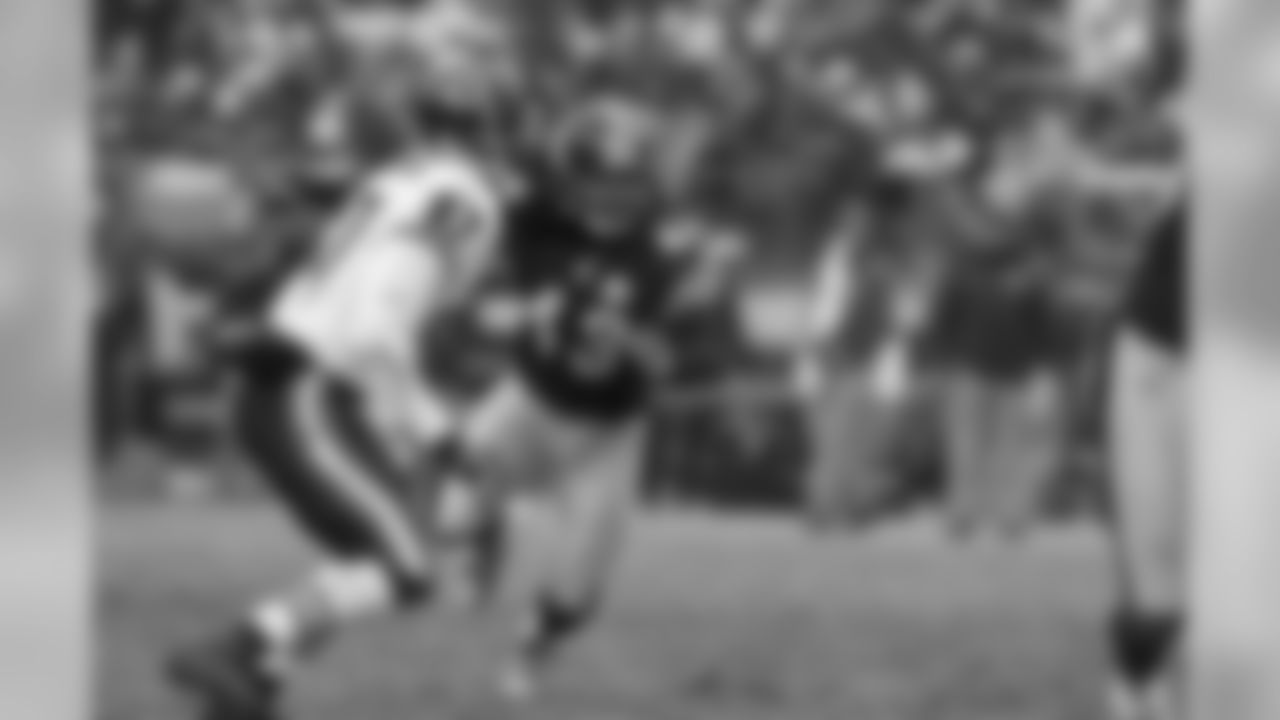


But that wasn't what made Troy Polamalu great. That's what made Troy Polamalu entertaining. What made Troy Polamalu great was hard work.
Troy Polamalu made known his decision to retire yesterday. He ended a 12-year NFL career, a decision reached thoughtfully and maybe somewhat reluctantly but one that's inevitable for every professional athlete. He deserves to be remembered as one of the great players and people in Steelers history, and in cases such as this it bears repeating that Steelers history dates to 1933.
The record will show that Polamalu finished his career with 32 interceptions, 96 passes defensed, 12 sacks, 13 forced fumbles, and seven fumble recoveries in 142 regular season starts for the Steelers, but when some perspective is added his contributions are better able to be appreciated. Suffice it to say that at his best, Troy Polamalu was an all-time great.
He was voted NFL Defensive Player of the Year in 2010, an honor capping a three-season span in which he recorded 17 interceptions in 35 starts for a defense that finished No. 1, No. 5, and No. 2 in the NFL. In the 2008 AFC Championship Game, his pick-six stuck a dagger in the Ravens with four minutes left to send the Steelers to the Super Bowl and also clinch a 3-0 sweep of a Baltimore team that had lost only two other games all season.
In the 2005 regular season, Polamalu returned a fumble 77 yards for a touchdown in Lambeau Field against Brett Favre's Packers on a day in which the offense had to play without Ben Roethlisberger and Jerome Bettis, a day when the Steelers passing attack contributed nine completions for 65 yards and an interception. Then in that season's magical playoff run, Polamalu had an interception in the Wild Card win in Cincinnati, and then had another on a spectacular play against Peyton Manning in Indianapolis incorrectly overturned on replay by referee Peter Morelli.
Those are just some of the highlights on a continuing loop in the minds of Steelers fans everywhere, but there also deserves to be an admiration for the way he put himself into position to author those highlights.
THE 2003 NFL DRAFT
The Steelers were happy to give away a third-round pick and a sixth-round pick, essentially trading one player for three, to move up 11 spots in the first round of the 2003 NFL Draft to pick Troy Polamalu, because their secondary had become slow in some spots and grown old in others. Brent Alexander, Lee Flowers, Mike Logan, Dewayne Washington, and Chad Scott weren't cutting it anymore, and adding talent was the only remedy for what the problems had become.
Photos from Troy Polamalu's first season with the Pittsburgh Steelers.


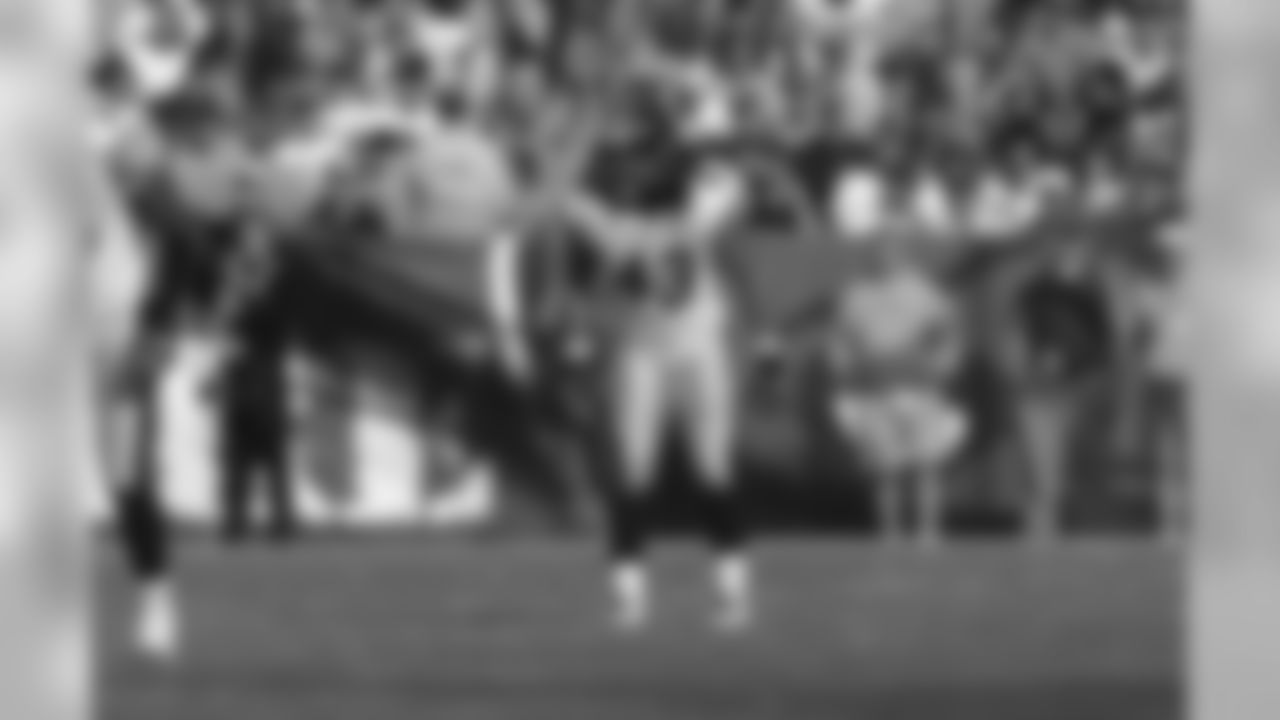





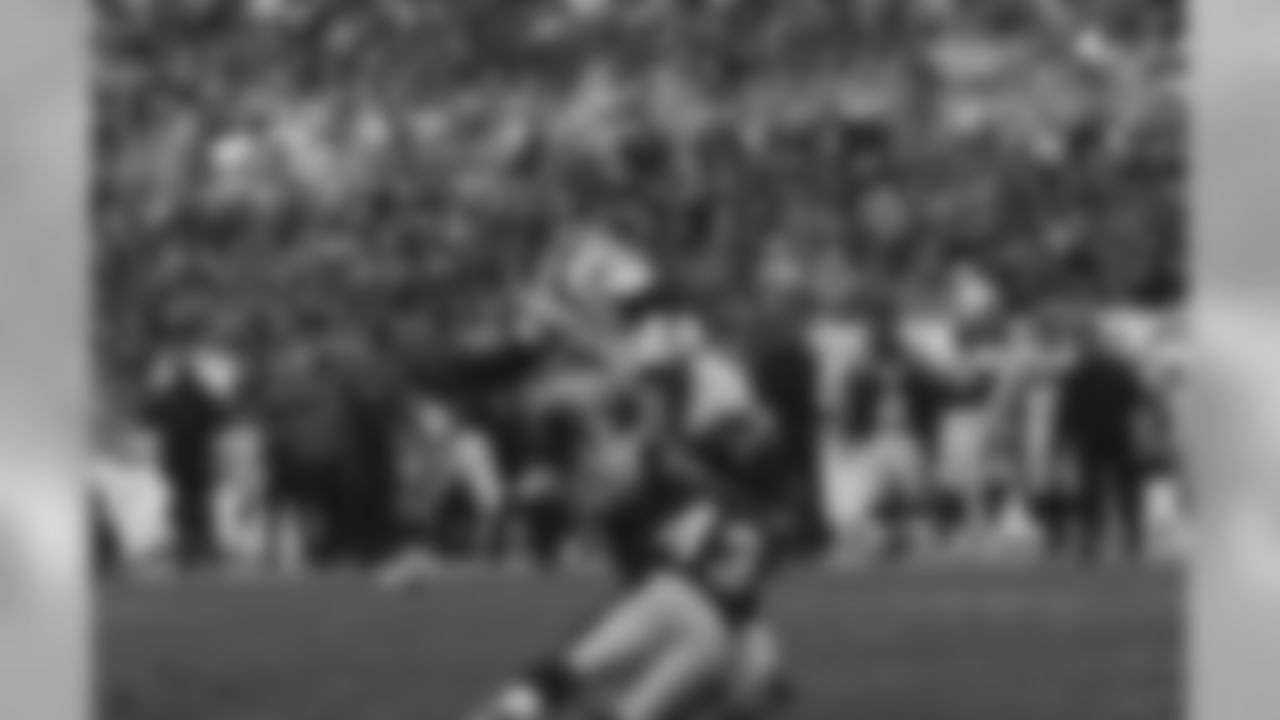




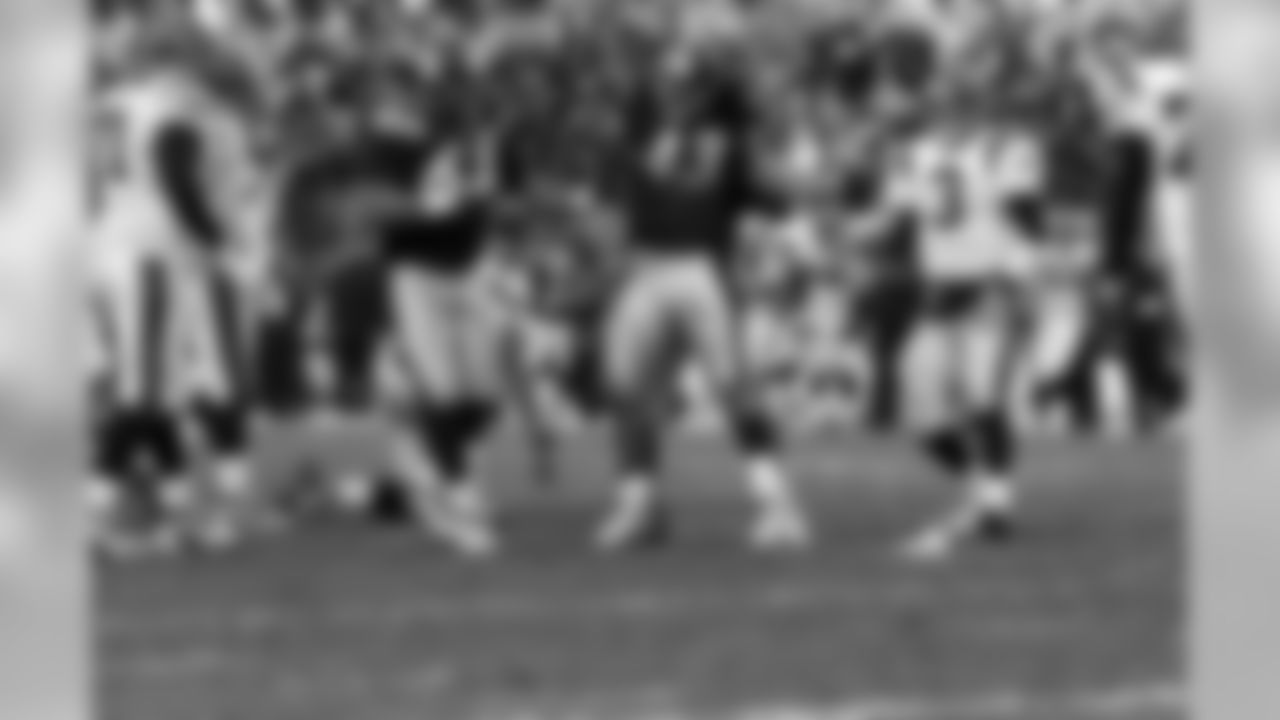


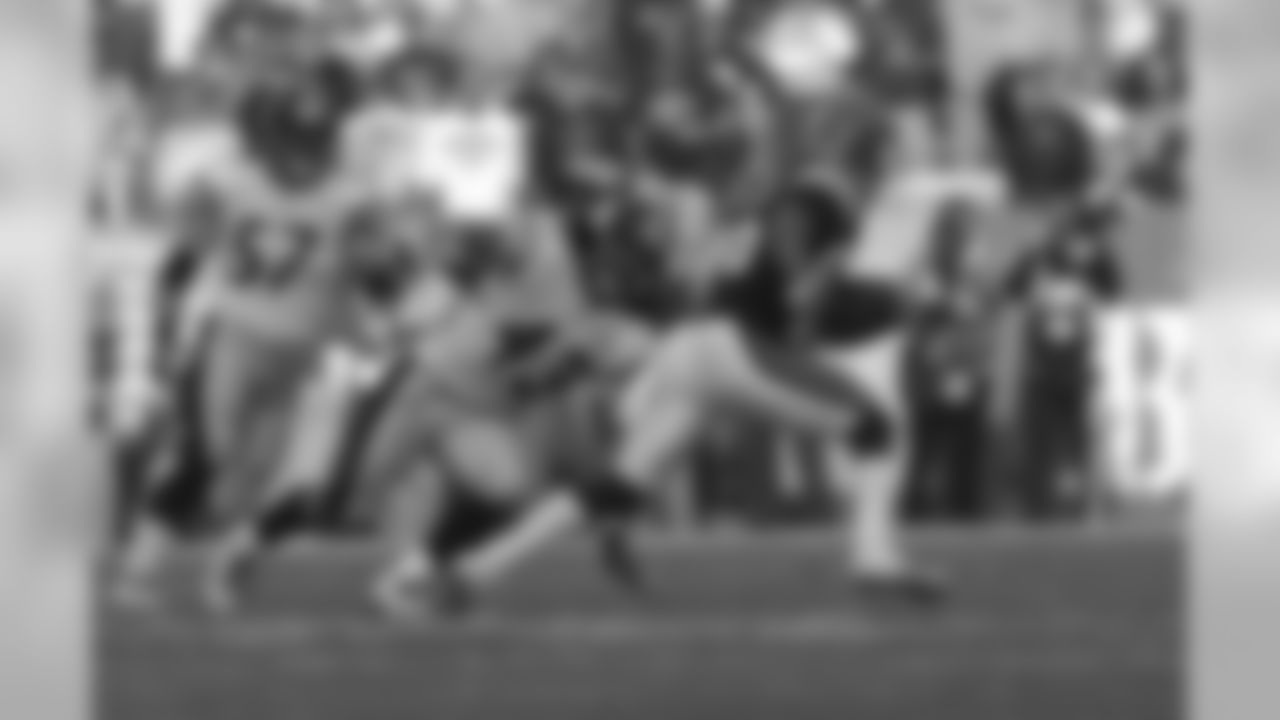



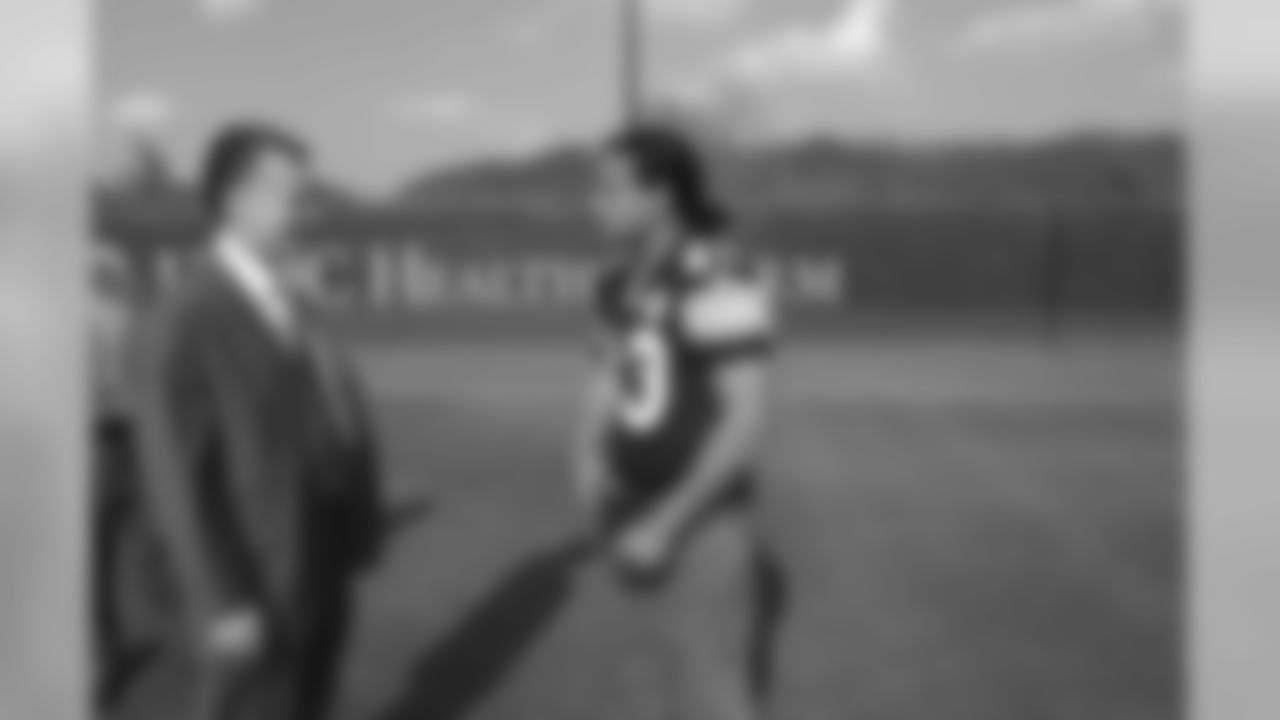
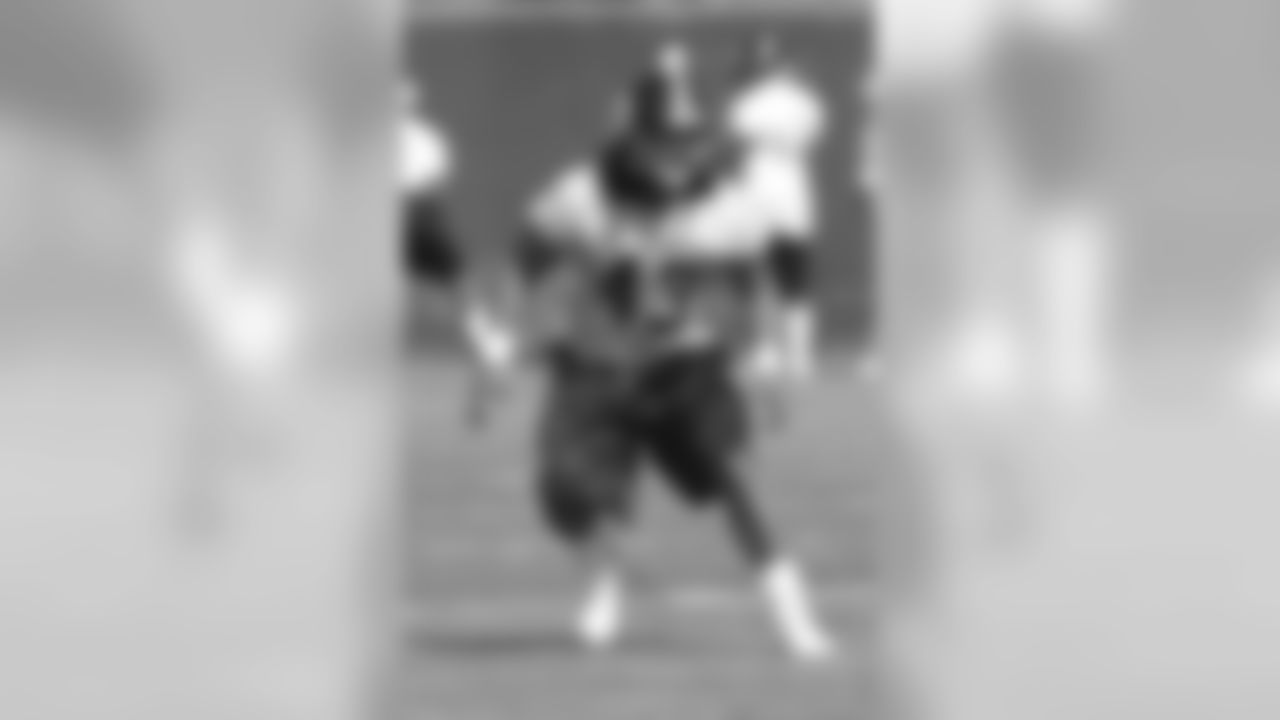


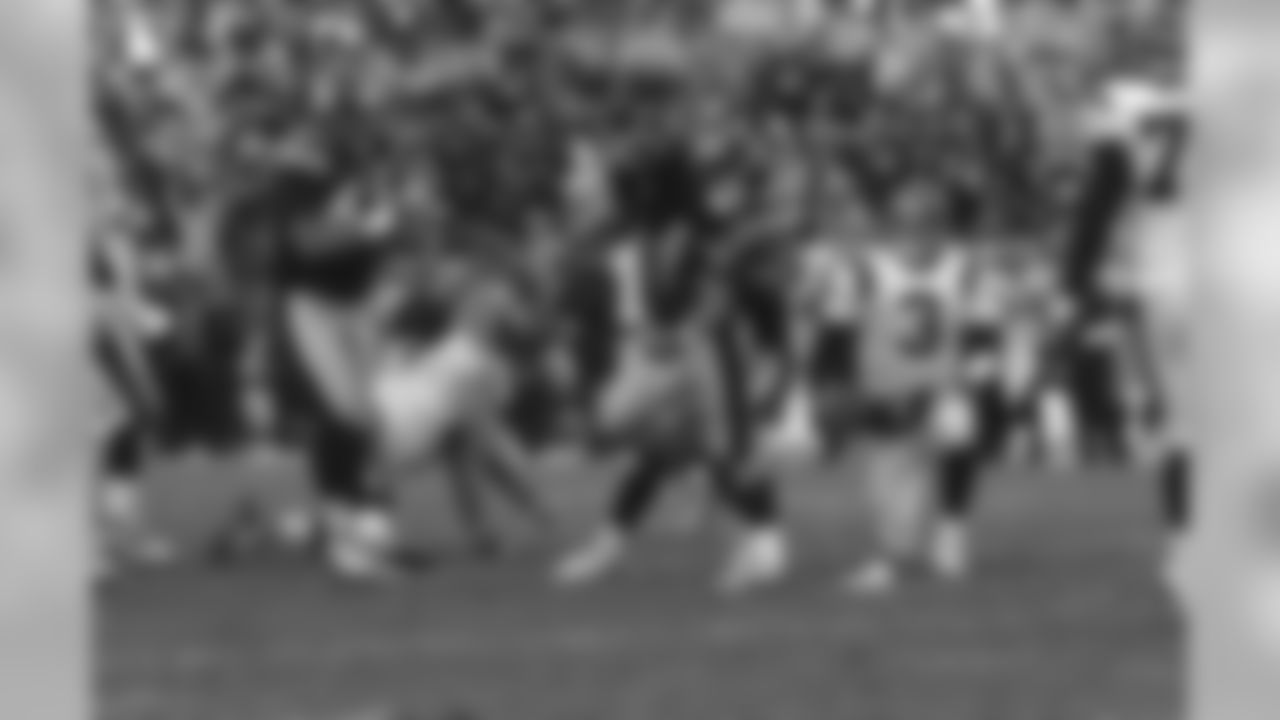








Polamalu was that talent. His 4.3 in the 40 verified the speed that was apparent on his game tapes at USC. Polamalu played every snap of his college career at 100 miles an hour, and when the stopwatch indicated his competitive speed actually was the football version of 100 miles an hour, scouts and coaches across the NFL fell in love.
But it did not go well for Polamalu in 2003. Especially early. Despite being the most athletically gifted safety on the roster, Polamalu didn't start a game as a rookie, and when he got onto the field some of the things he did served to reinforce Bill Cowher's decision to start Alexander and Logan. The Steelers began the season losing six of their first eight games, and so out of sync was Polamalu that even when he got himself into the right spot he failed to make the play. The nadir was when he allowed a pass to go through his own hands and into those of an opposing receiver for a touchdown in one of those defeats.
But through it all, the losing, the not starting, the criticism, Polamalu never stopped working. He never took a day off from the arduous process of making himself into a professional. Some players need years to figure it all out, but by the time the Steelers limped into the December of a season that would end at 6-10, their strong safety wasn't looking so much like a rookie anymore.
INTO THE LINEUP IN 2004
Things came together quickly once the page was turned to 2004. For the first day of the offseason program, Bill Cowher had Polamalu and third-year pro Chris Hope as the starting safeties. In the fourth game of that regular season, Polamalu showed the world the kind of player he was.
It was the fourth quarter of a game at Heinz Field, and the 2-1 Steelers held a 21-17 lead over the Cincinnati Bengals. Carson Palmer, Polamalu's roommate during a Heisman Trophy winning career as a quarterback at USC, was eminently capable of leading the drive that would end with his team a 24-21 victor.
But on a play that began with 2:03 remaining, Polamalu won the game for the Steelers.
"It was against Cincinnati," Dick LeBeau would say some years later when asked for his favorite Troy-being-Troy. "He took it back for a touchdown, and if you remember he ran through about three players, and the last one was his old teammate (Palmer). I remember that one as Troy starting to feel at home."
SPECTACULAR AND INDISPENSABLE
Polamalu was voted to his first of eight Pro Bowls following that season, and in 2005 he was named first-team All-Pro for the first time. His contributions continued to be sprinkled with the spectacular even as Polamalu himself became indispensable. So much of any real success on defense in the NFL these days comes from the ability to pressure the passer and force turnovers, and Troy Polamalu was the Steelers' linchpin in that process.
Pittsburgh Steelers Troy Polamalu had a lot of defining plays throughout his career, take a look at some.
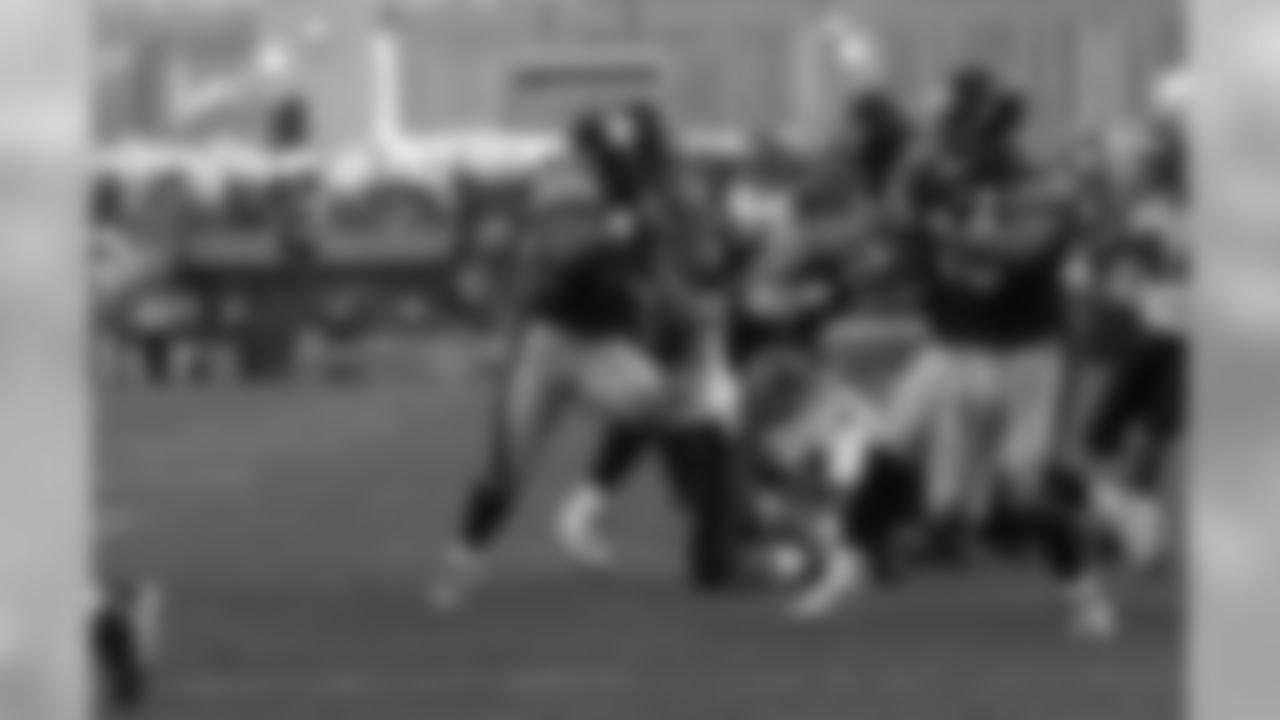
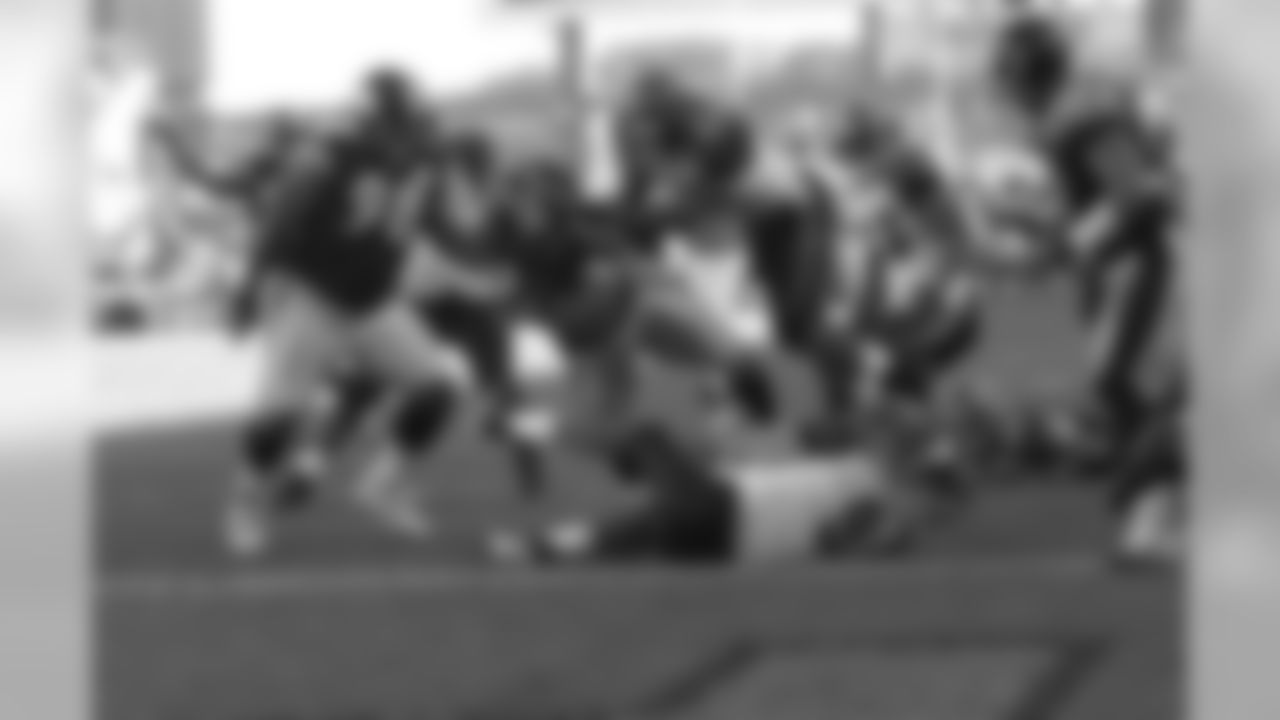




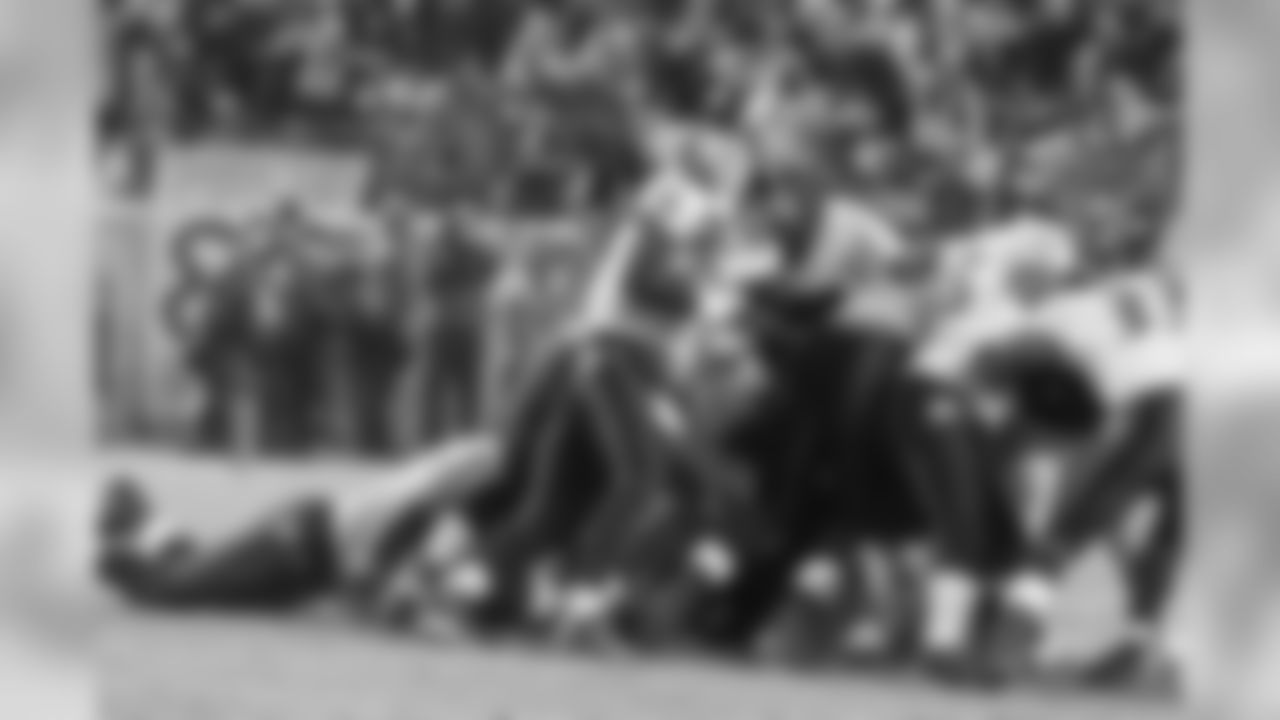

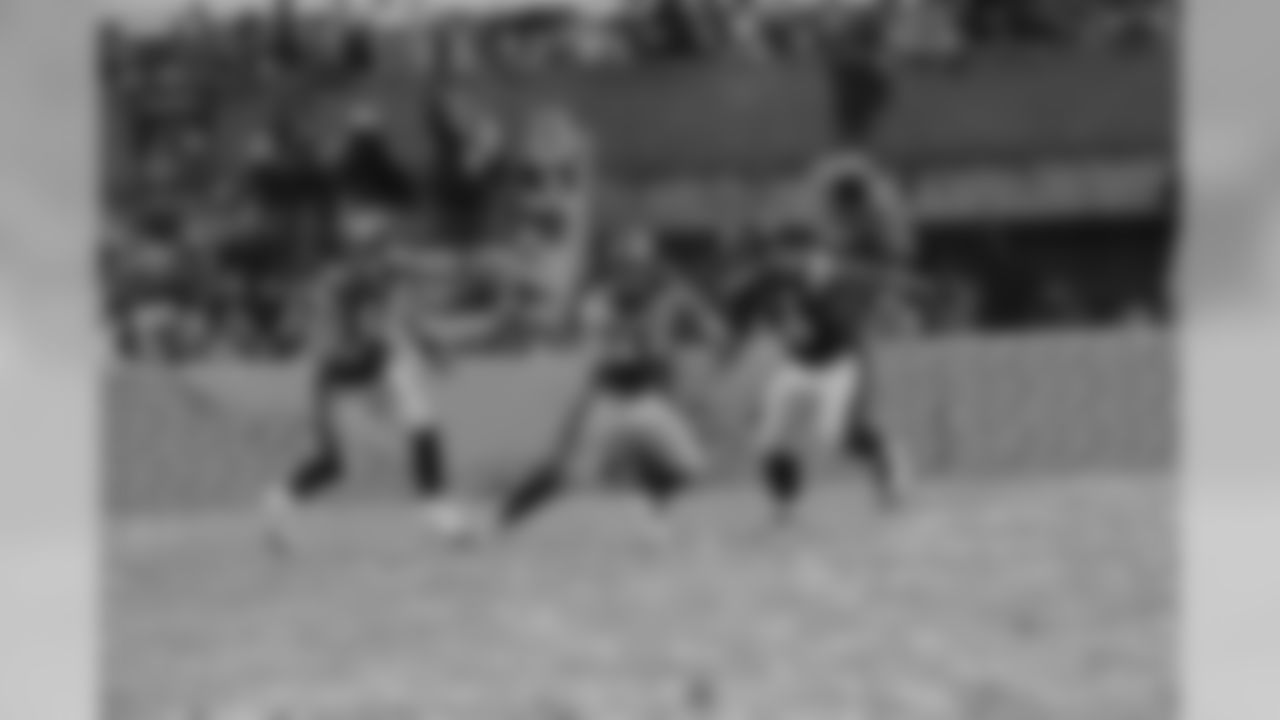
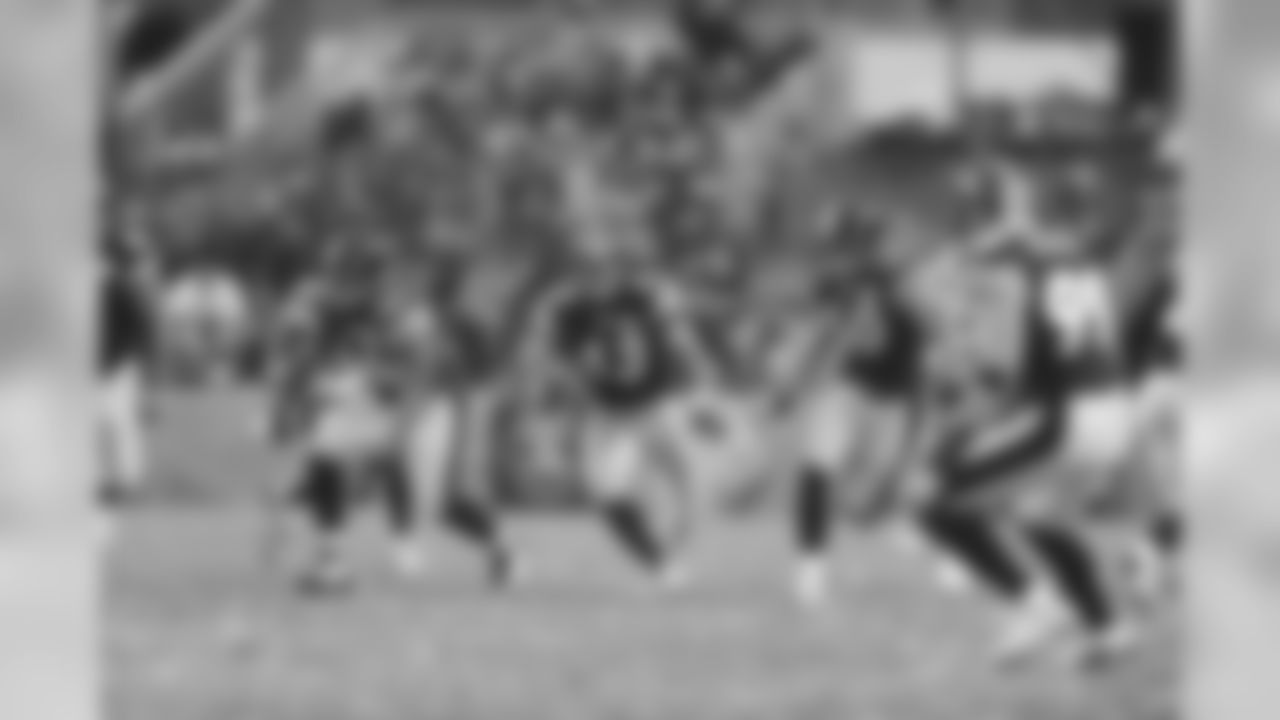
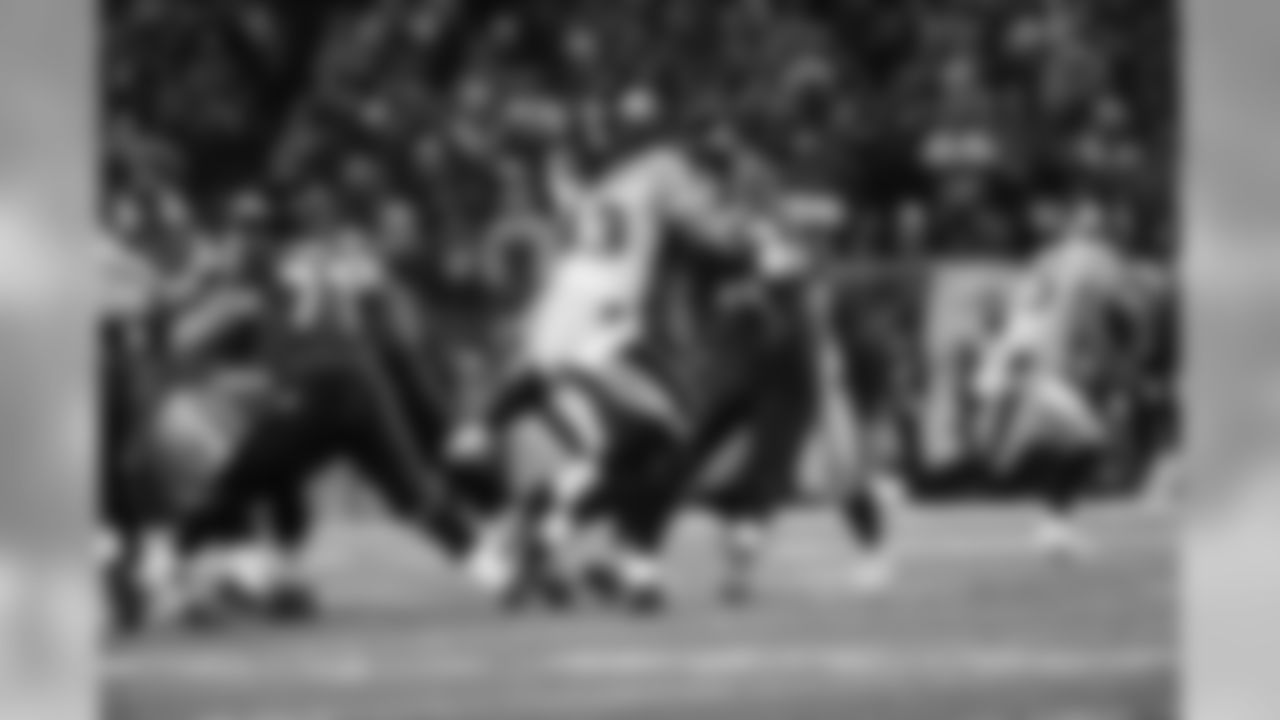
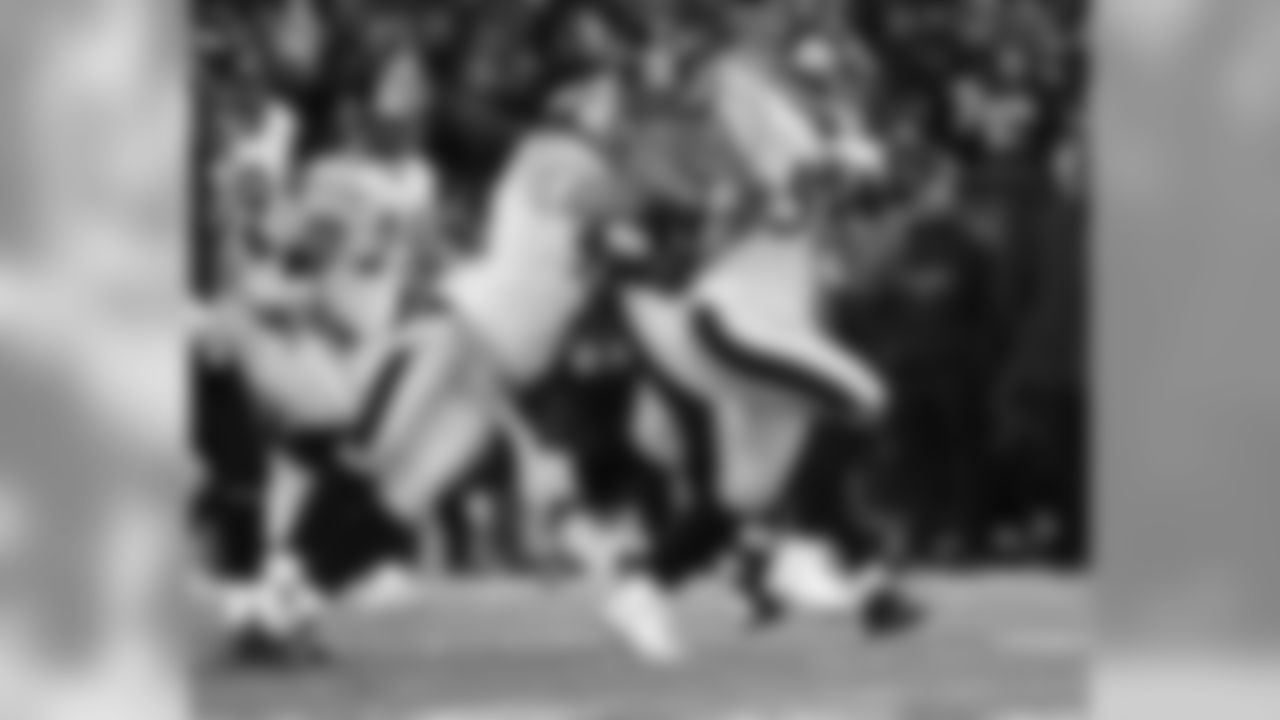
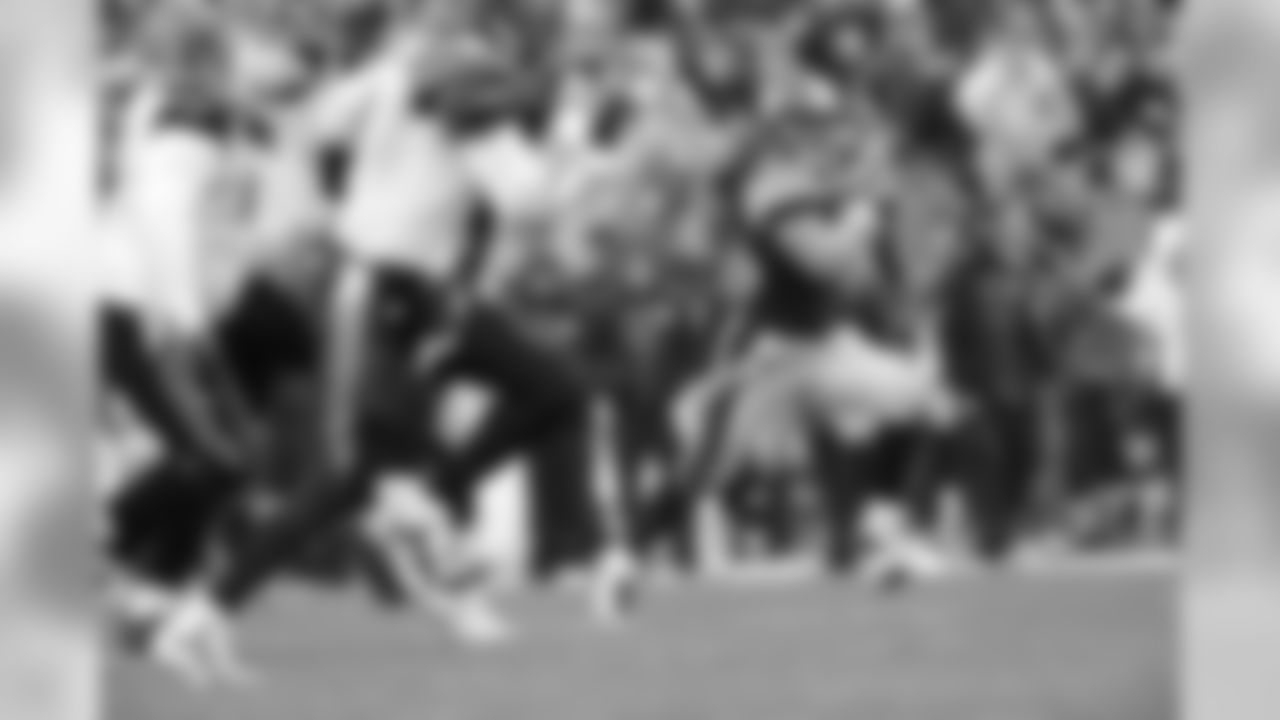

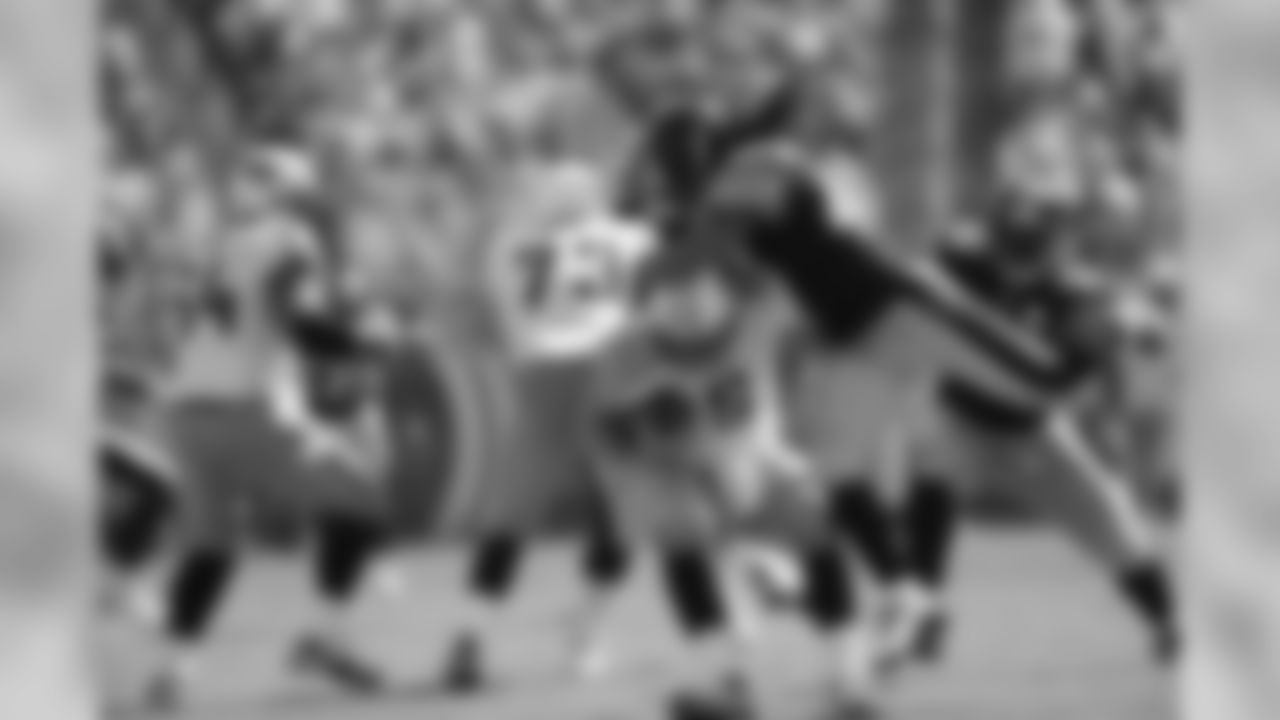

There have been 11 Steelers seasons where Polamalu was a full-time starter at safety, and he finished eight of those either first or second on the team in interceptions. But the other fact to be considered is that during six of Polamalu's 11 seasons as a starter, the Steelers recorded 12 interceptions or fewer as a team, and in only 11 of the franchise's 83 all-time seasons has the defense finished with 12 interceptions or fewer. In other words, when it came to takeaways by the defense, if Troy Polamalu didn't get it done, it didn't get done.
But that statistical reality never made an impact on the man. Troy Polamalu became more humble as he became more integral to the success of the team, and it all came together during a 2010 season in which he was voted Steelers MVP by his teammates and then NFL Defensive Player of the Year by the media.
"Football is such a perfect team sport. It's hard to make anybody, especially on our team the way we play defense, a most valuable player," said Polamalu on the occasion of his team MVP award. "If I was ever a coach, I would never have an award like this because it's such a team sport. There are so many parts that go into making plays on the football field. I think people just vote because they have to vote."
There is anecdotal evidence to the contrary, because Polamalu's career can be viewed in the context of one big play in a critical situation after another. The pick-six against his ex-roomie at a stage of the 2004 season when the Steelers were re-learning how to win. The 77-yard return of a Brett Favre fumble for a touchdown against the Packers in Lambeau Field in 2005 that keyed a victory on a day when Ben Roethlisberger was injured and didn't play. And at the very top of the list, the pick-six that served as the dagger in the AFC Championship Game victory over the Baltimore Ravens.
TROY'S SIGNATURE MOMENT
It was in the final five minutes with a spot in Super Bowl XLIII on the line. The Steelers held a 16-14 lead, but the events of the game had shifted in the Ravens' favor to the degree where the whole night was beginning to take on the stench of a 17-16 defeat. It was a third-and-13 from the Ravens 29-yard line when Troy Polamalu changed all that.
James Harrison came hard off the right end and hit Joe Flacco just as he released a pass for wide receiver Derrick Mason. The ball never got there, because Polamalu made a leaping, twisting interception at the 40-yard line.
"I was man-to-man with (tight end) Todd Heap and he was in the backfield. He was blocking," said Polamalu. "We anticipated him staying in to block LaMarr (Woodley) and James, so it allowed me to free up and kind of read the quarterback's eyes."
Flacco realized his mistake, but not until after the game.
"We had our play set on that side and Troy read my eyes," said Flacco. "Both of our receivers were on that side of the field and he does a great job of doing that. You have to influence him as much as you can away from where you want to throw the ball. I think he was able to beat me there, he read me a little bit."
Polamalu read Flacco in the most critical moment of the most critical game of a season that doesn't end with a parade through Downtown Pittsburgh if he hadn't, and Polamalu read Flacco because he studied and prepared. Because he put in the hard work.
"In Samoa, you never bypass the process," said Polamalu some years ago. "And what I mean is you don't think, 'OK, I'm hungry,' and you drive up to McDonald's and buy a No. 1 and then you eat and you're done. There, traditionally, you have to go find the fish, you've got to cook it, you've got to prepare the umu (earth oven). So you never bypass the process. Those are the beautiful things about Samoa and our culture."
THE POLAMALU PROCESS
"It's all about family," Polamalu told Jim Wexell about his decision to retire. "I live here in Pittsburgh now, and since the end of the season I've had a chance to enjoy my family on a level I never had before. It was awesome."
Polamalu's conversation with Wexell, an associate editor for Steelers Digest, was the only interview he did regarding his decision. Polamalu told Wexell he informed the team of his decision via a telephone call to Steelers Chairman Dan Rooney on Thursday night.
"I did not seriously consider playing elsewhere," Polamalu told Wexell. "It was just whether or not I wanted to play. I had talked to a lot of people about what I should do with my situation, and what they kept saying back to me, and which was not a sufficient reason, was 'Troy, you played 12 years in the NFL, you won Super Bowls, won individual awards. There's nothing left to prove. You have a legacy.' And I just kept saying, 'First of all, I don't care about a legacy. Second of all, I play the game because I enjoy it.' That's the reason to keep playing.
"Like I said, what it came down to was definitely family. If I'm in my fourth year, fifth year, even if I'm in my 10th year, I'm playing in Alaska. But when I started this process and started to debate whether I should come back or should I play, that was kind of the sign for me to say 'Whoa, if you're just even debating it maybe you shouldn't play anymore,' because what I do know about this game is it takes a lot, a lot, of commitment just to be an average player."
Polamalu never was average. He was great. And he was great because of hard work.







